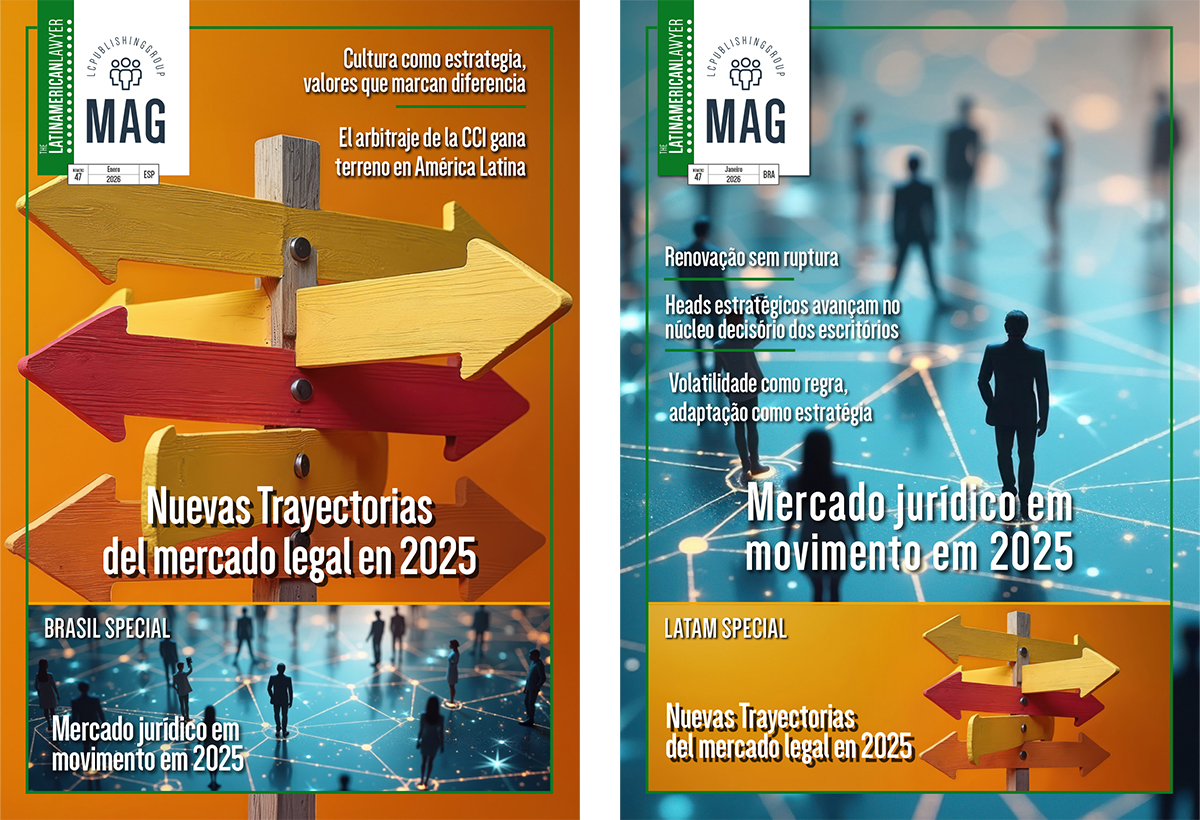Mexico’s automakers call for delay of USMCA content rules

Groups lobbying for Mexico’s automakers and vehicle parts suppliers have called on the government for regional content rules in the USMCA, the new North American free trade agreement that replaces NAFTA, to be implemented in January 2021 instead of on June 1 of this year, as scheduled.
 In a letter sent to Economy Minister Graciela Márquez (pictured) and Foreign Minister Marcelo Ebrard, Mexican auto industry association AMIA, the association of heavy vehicle makers ANPACT and auto parts industry association INA say there is a lack of clarity concerning the content rules, resulting in automakers having been unable to adjust supply chains accordingly.
In a letter sent to Economy Minister Graciela Márquez (pictured) and Foreign Minister Marcelo Ebrard, Mexican auto industry association AMIA, the association of heavy vehicle makers ANPACT and auto parts industry association INA say there is a lack of clarity concerning the content rules, resulting in automakers having been unable to adjust supply chains accordingly.
Automakers in Mexico face “a potential scenario of non-compliance” because they are unable to review how their processes need to be modified, the letter states.
“We request your valuable support and urgent intervention … so that the rules of origins for cars in the new United States-Mexico-Canada Agreement, USMCA, enter into force on January 1, 2021,” it said.
Groups representing automakers and suppliers in the US have also said they support delaying the planned June 1 entry into force of the USMCA, warning the proximity of the date puts undue pressure on them to comply with the new rules of origin.
“The industry still doesn’t know the official text for the Uniform Regulations which establish (…) the methodology used to calculate regional content values, to comply with the new USMCA rules,” Mexican industry association Concamin said.
The new trade deal requires 75 per cent North American content in vehicles manufactured in the three countries, compared to 62.5 per cent under NAFTA, and 40-45 per cent content from “high wage” areas.
The new content requirements are to be phased in over three to four years, but automakers have to certify compliance with the initial requirements when the agreement takes effect.
Concamin has also said that the coronavirus epidemic could also impede companies’ compliance with the new rules, due to a reduction of operations through stoppages and an interruption in the supply chain.















